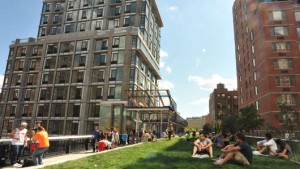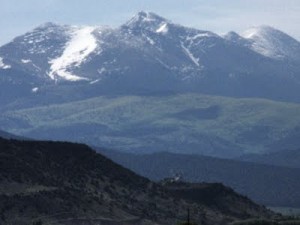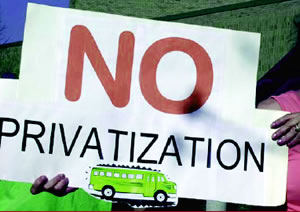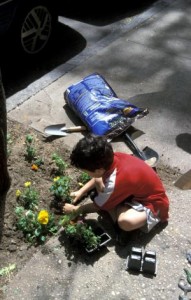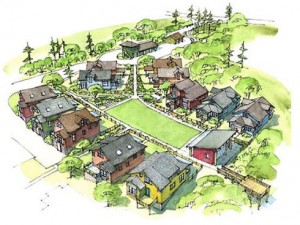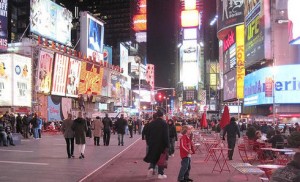Solidify Occupy
A Suggestion for What’s Next…
by Charles Imboden
September 17, 2011 in New York City marked the beginning of a movement that has spread around the world. Inspired by the people and events of the Arab Spring, the Occupy movement quickly grew to over 2,500 cities in dozens of countries. With slogans including  “We are the 99%,†a principle aim of this movement is to highlight the gross economic inequality and increasing austerity measures being taken by governments worldwide, in a context of unprecedented corporate profit and personal wealth of the richest “1%.â€
“We are the 99%,†a principle aim of this movement is to highlight the gross economic inequality and increasing austerity measures being taken by governments worldwide, in a context of unprecedented corporate profit and personal wealth of the richest “1%.â€
These past weeks have seen the destruction of the Occupy Wall St., Boston, Chicago, Oakland, Los Angeles, and most recently Tucson camps, among others. Now the nascent Occupy movement faces one of its strongest tests. (more…)
